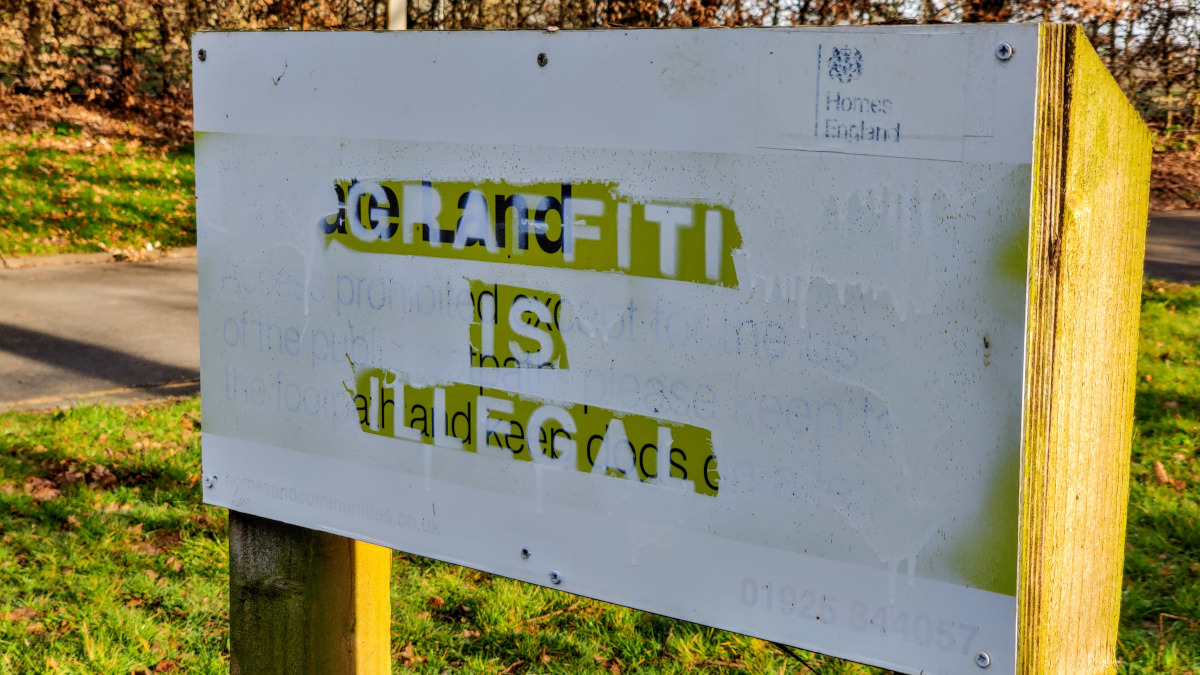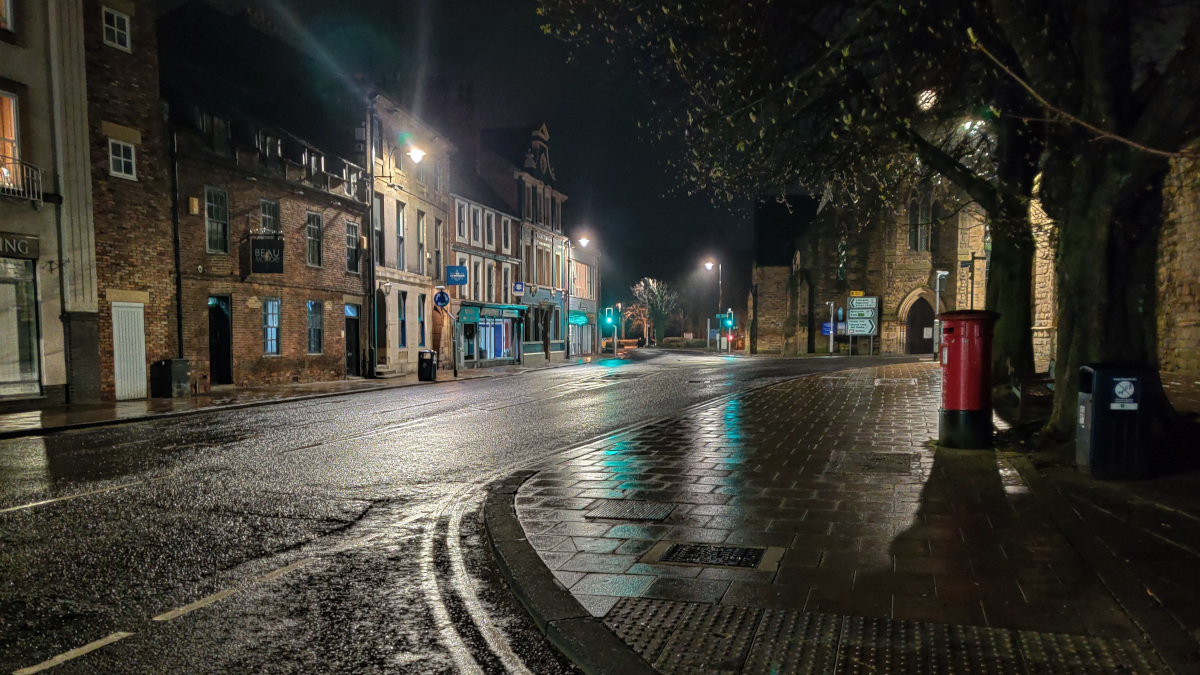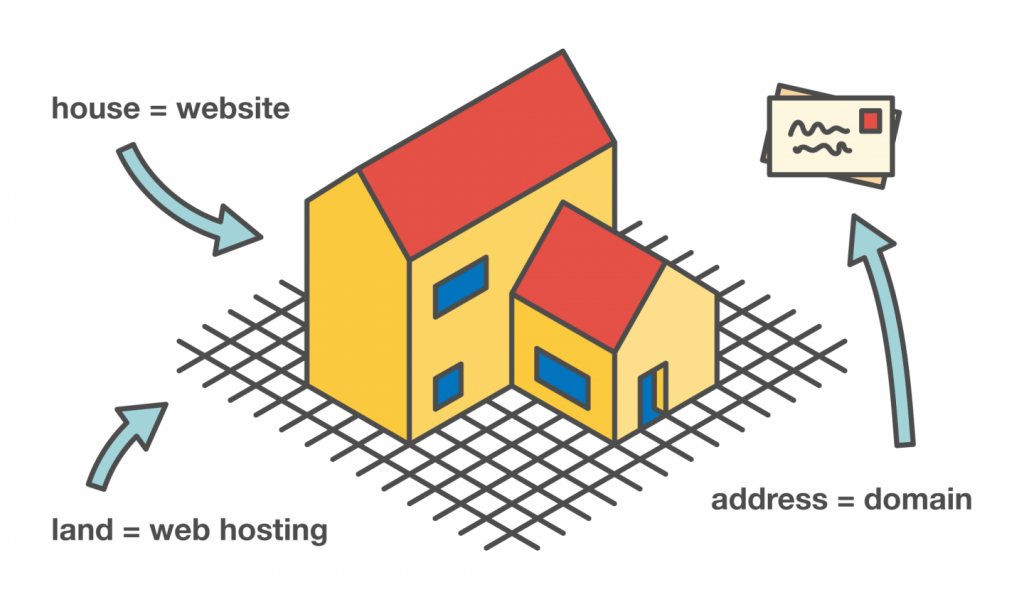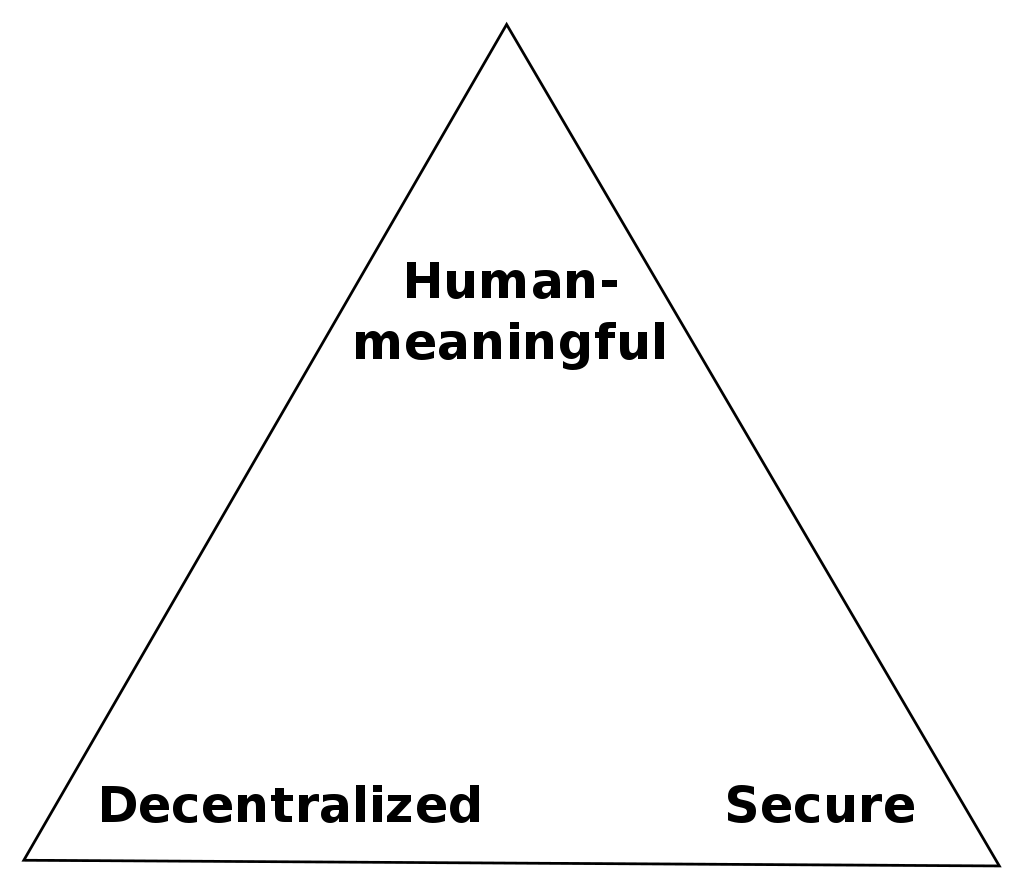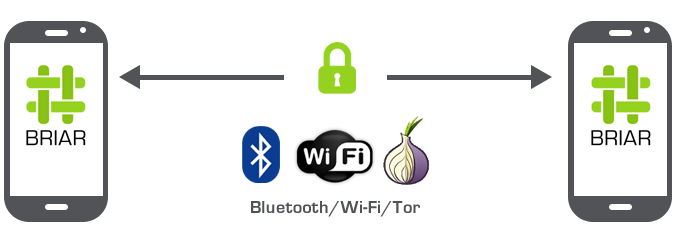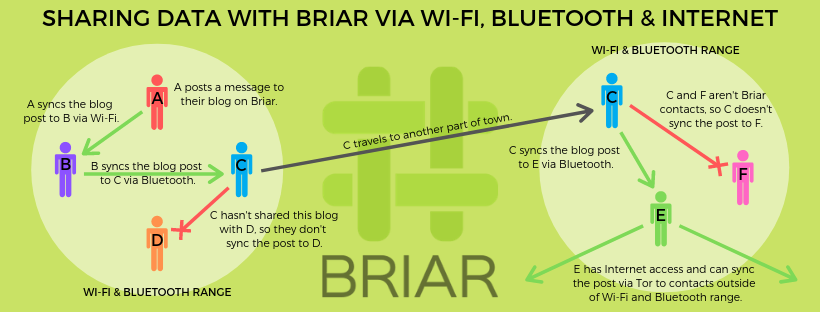Weeknote 15/2020
When I go into my office, close the door, and get on with my regular work, it’s sometimes easy to forget that there’s a global pandemic going out outside. That doesn’t last for long, of course, as there’s always something that pops up to remind me.
One thing that I’ve noticed the longer this situation goes on is the my internal monologue is changing. I’m assuming that everyone has one of these, but I can’t be sure, having never been anyone other than me.
My internal monologue is more like a debate: one side of me is accusatory, the other acts in my defence. In so doing, it’s easy for me to come up with excuses: “If I had more I time, I would do this” or “if this barrier wasn’t in the way, I would do that”.
The truth is that, as Aristotle said, just like everyone else, I am what I repeatedly do. No matter how hard it is for me to realise, I am not the person I used to be, nor have I turned into the person I thought I would be at this age.
I can remember Chris Brogan speaking at an event years ago. He introduced himself as ‘a typist’, as he said that’s what he spends most of his time doing. However, he quite rightly went on to point out that what matters is the stories we tell ourselves and others about what we do.
I’ve working from home for eight years, meaning that even before the pandemic, I already spent zero hours commuting, compared to the average of 219 hours per year. On top of that, I now don’t have to take my children to their many and varied activities, and I’m unable to swim, or go to the gym.
Not only does my life feel quite sad, small, and hollow, it’s also shown demonstrated to me that I’ve long since stopped doing things that I used to consider part of my identity. For example, I don’t read philosophical books in my spare time; I play FIFA.
Coming on the back of a series of therapy sessions, then, this enforced period of time at home is forcing me to reflect on the kind of person I am and the kind of person I want to be. It’s hard to break out of rhythms and routines that you’ve formed over years; it’s much easier to dig deeper into them, forming a rut.
So I’m trying to do things differently. I mentioned last week that I was reading The Road by Cormac McCarthy. By the time I finished it, that book had really affected me, and I asked on Twitter for more of the same. My network didn’t disappoint, and I’ve shared the collected list here.
Another thing I did today was to pick up the guitar that’s moved from house to house with us over the last 18 years. I received it for my 21st birthday, and after a few lessons, gave up when I couldn’t figure out barre chords. But, on the recommendation of a few people, I’m trying Justin Guitar which (so far) seems excellent.
On the work front, with it being a long Easter Weekend I did two days for Moodle and a day and a half for We Are Open Co-op. We did a full ‘co-op day’ on Wednesday which we spent planning and syncing-up, and then I worked on Greenpeace stuff on Thursday morning, knocking out a blog post about 10 reasons why people contribute to Open Source. (If you’re reading this an are a contributor to open source projects, there’s a survey in there we’d appreciate you completing!)
On the MoodleNet side of things, I met up with the German MA students who are helping us with the crowdfunding campaign, and went to a bunch of other meetings including management ones, team ones, ‘Moodle Daily Drop-ins’, and even one on mindfulness.
It’s my job to ensure that the ‘self-organising ducks’ of the MoodleNet team have everything they need, aren’t in conflict, and know what we’re heading towards. Mostly, that involves small nudges, but occasionally it requires intervention. Striking the balance requires judgement, and mostly I like to think I get it right, although that’s not always the case.
Thankfully, both with Moodle and the co-op, I get to work with people I’ve chosen to spend time with. That’s a real privilege, especially in these darker times.
I have to say that, throughout all of this, my family have been absolutely wonderful. Hannah, my wife, is the most reliable and resilient person I’ve ever met, and has, as ever, organised our domestic life so we haven’t missed a beat. Our children, now aged 13 and nine, have, on the whole, been a pleasure to be around, and have dealt with what must be a weird and disorientating experience without much fuss.
We’ve also been using Google Duo and Houseparty to talk to my parents, my sister, and my wife’s side of the family. I’m so, so grateful that the pandemic hit at a time when we have a easy-to-use applications sitting on top of a mature technology infrastructure. It’s made everything bearable.
Next week will also be a shorter week due to the Bank Holiday, so I’ll be working for Moodle on Tuesday and Friday, and the co-op on Wednesday and Thursday.
I’d quite like to break out my greenscreen to do something interesting, so perhaps I’ll rope in the kids to do something. The barrier to entry for everything seems a lot lower at the moment, which I think is great and absolutely as it should be.
Photo taken on one of many walks this week in and around my home town of Morpeth.

